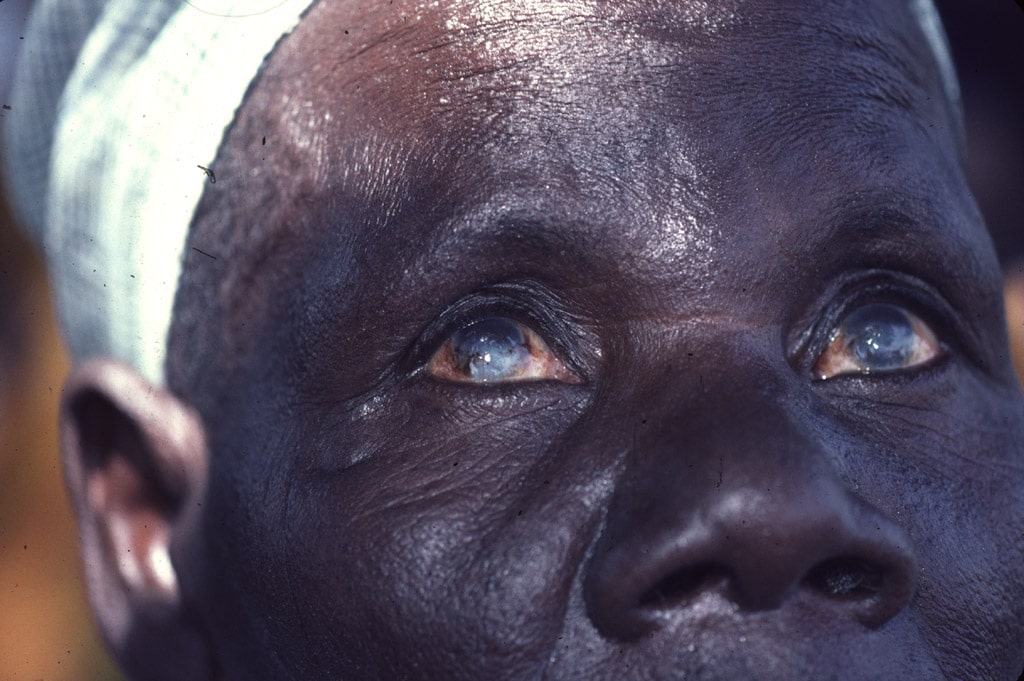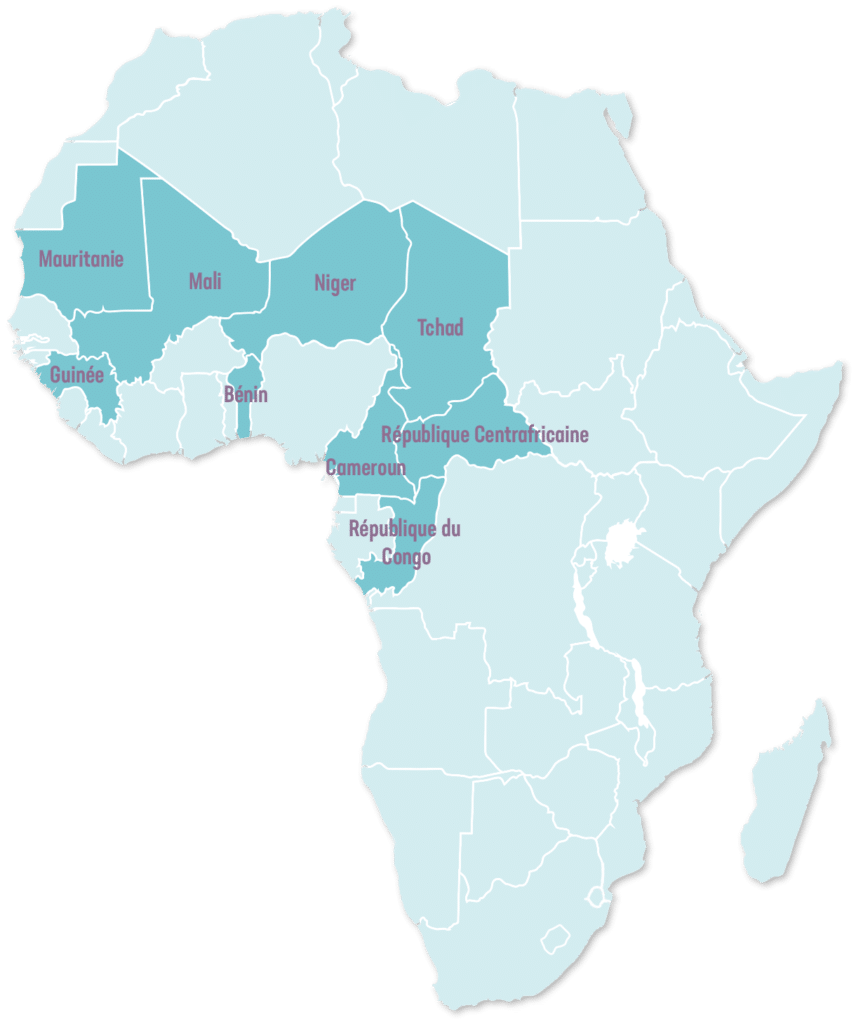What is Macular degeneration?
Macular degeneration, also known as age-related macular degeneration (AMD or ARMD), is a disease that affects the central area of the retina (macula) at the back of the eye.


Macular degeneration, also known as age-related macular degeneration (AMD or ARMD), is a disease that affects the central area of the retina (macula) at the back of the eye. The “age-related” means that it often happens in older people. It can happen very slowly in some people, who may not experience vision loss for a long time. In others, macular degeneration progresses more quickly and can lead to central vision loss in one or both eyes.
Macular degeneration is caused by increased pressure in the eye.
gradual deterioration of the macula, usually over many years, as the retinal cells die off and are not regenerated
There are no early symptoms of macular degeneration, and later symptoms include the loss of the central vision needed to see details straight ahead.
Symptoms of macular degeneration are characterized by blurred or no vision in the center of the visual field due to the slow destruction of the optic nerve. This can lead to complete loss of sight.
Macular degeneration is diagnosed with a comprehensive dilated eye exam.
Currently there is no treatment to cure macular degeneration, but palliative treatments such as dietary supplements (vitamins and minerals), injections, laser treatment and sometimes surgery can slow the progress of the disease.

Francophone Africa is frequently overlooked by international development stakeholders when it comes to restoring sight and providing quality eye care. The Organization for the Prevention of Blindness (OPC) works with local governments, civil society organizations and communities to fight blindness, restore vision, encourage local ownership of eye health care systems and ensure human right to sight.







Want to join the fight against blindness? Join our mailing list to stay up to date on all the latest news and events from OPC – Organization for the Prevention of Blindness. We won’t spam your inbox, we promise.